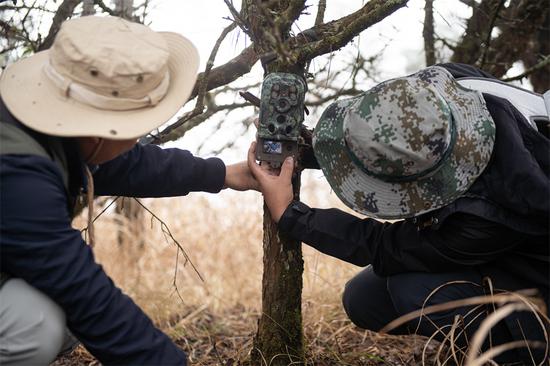
Scientific researchers investigate biodiversity and plant health in the national park. [YI FAN/FOR CHINA DAILY]
Sensitive development
Spanning 66.7 hectares, Yanzike ecological tea garden is located in park ravines, and is a core production area for Wuyi rock tea. The tea is renowned for its mineral-rich floral aroma derived from the unique soil and rocks of the region.
Yang Wenchun, one of three owners of the tea garden, said in the past cultivation had relied on pesticides and chemical fertilizers that had damaged the soil.
In 2018, the tea garden sought the help of Liao Hong, an agronomist at the Fujian Agriculture and Forestry University, to improve its cultivation methods and reduce the negative impact on the environment.
Liao, a sci-tech expert, has helped spearhead technological innovation in rural areas since 2015.
Yang said Liao suggested Yanzike use organic fertilizers and crop rotation methods to regulate and increase the organic matter in the soil. Natural pest control methods were also recommended to get rid of the company's reliance on pesticides and chemical fertilizers.
Yanzike quickly adopted Liao's suggestions and has seen positive environmental and economic results.
After the tea harvest, usually in May, Yang now plants soybeans amid the rows of tea trees, which helps replenish nitrogen levels in the soil. In winter, he plants rapeseed, which has a root system that activates phosphorus and potassium in the soil.
In addition, the ecological tea garden attracts birds and insects from the surrounding forest for natural pest control. Thirty solar-powered insect traps have been installed to ensure a double-edged approach to controlling pests.
These methods have helped improve the quality of tea, and led to better financial returns, Yang said. The tea garden can produce 75 metric tonnes of tea annually, and has increased the incomes of 56 farming households, he said.
The establishment and development of the Yanzike ecological tea garden is a prime example of how green technology is empowering the Wuyishan tea industry.
In recent years, the city has focused on the integration of tea culture, industry, and technology, while adhering to the path of green development, to create a sustainable development model tailored to local conditions.
In 2023, the total output value of the tea industry chain in Wuyishan county reached 13.5 billion yuan ($1.9 billion), with nearly half of farmers' per capita income coming from the industry, according to local statistics.
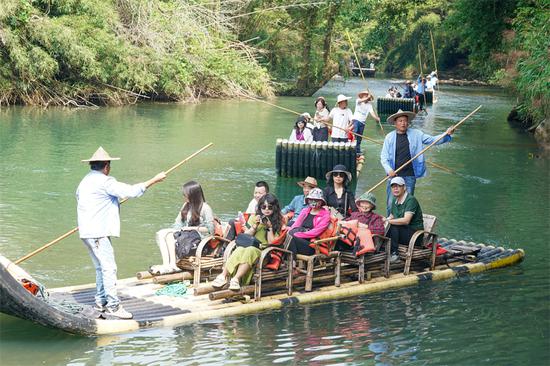
Tourists take bamboo rafts on the scenic Jiuqu stream in the park. [Photo/Xinhua]
Immersive experience
Xingcun town, nestled in the heart of the Wuyi Mountains, has integrated tea culture and tourism on its path to development.
Wu Wang, mayor of the town, said that with its strong emphasis on ecological protection, Xingcun has eradicated polluting industries.
The town has 4,223 hectares of tea plantations, over 2,000 related enterprises and factories, and nearly 10,000 people engaged in tea production, processing, and marketing. The total output value of the town's tea industry reached 2.3 billion yuan last year.
One of Xingcun's special tourism offerings is the "tea journey". Visitors can participate in activities such as tea picking, processing and tasting.
They can also walk through scenic tea fields, stay in tea-themed accommodation, and enjoy meals infused with tea elements, Wu said.
The town is also moving beyond cultivation, and has started making tea-related goods, including snacks and beauty and skin care products, such as face masks, he added.
The tea industry accounts for 70 percent of the local economy, while cultural tourism makes up the remaining 30 percent. The average annual income of residents has reached 31,000 yuan thanks to these development efforts, Wu said.
In addition to the tea-themed tourism, the national park's natural beauty is also a major visitor attraction, he said.
In May this year, Wuyishan National Park's No. 1 Scenic Byway started operations. Spanning 251 kilometers, the scenic route winds through important ecosystems, stunning landscapes, natural heritage attractions, and showcases the abundant biodiversity of the national park.
As visitors drive along the road, they can explore dense forests and view crescent-shaped waterfalls, plus exotic birds and butterflies. They might also encounter a large group of national second-class protected Tibetan macaques on the road near Tongmu village.
Cai Xin, a tourist from Shanghai, has fond memories of her visits to the Wuyi Mountains in June.
Hiking through mountains and drifting on the Jiuqu stream, Cai said she was impressed by the endless greenery, and the singing of birds and buzzing of cicadas.
"It was an unforgettable experience," she said, adding she felt like she could dive into the natural beauty.
"The trees look ancient, full of history, and yet they gave me a sense of rejuvenation," she said, adding that the tour helped her forget the pressure of city life and reconnect with nature.









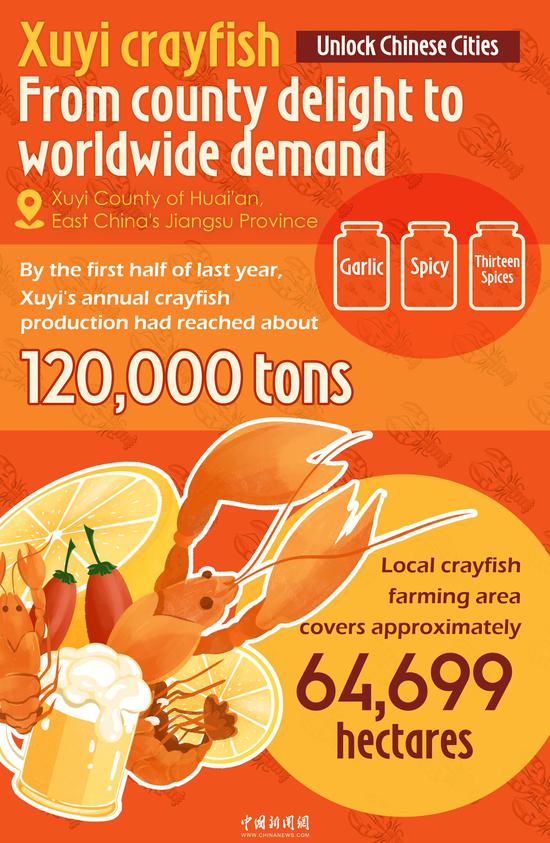

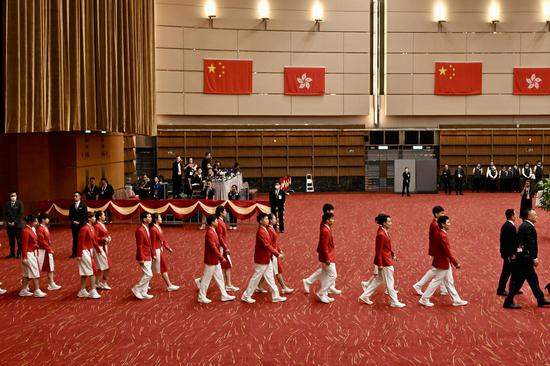
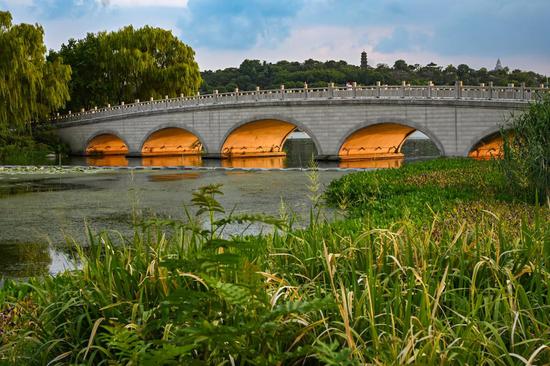


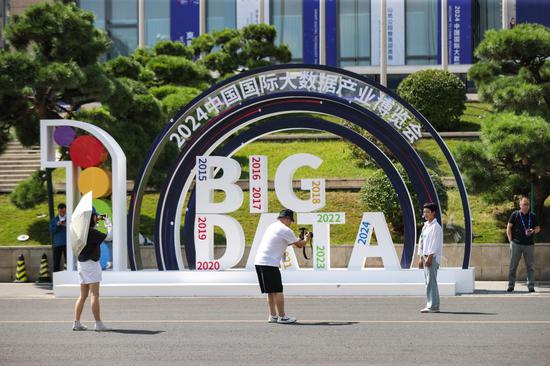
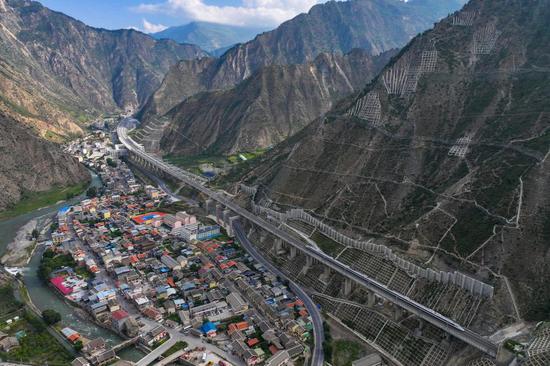
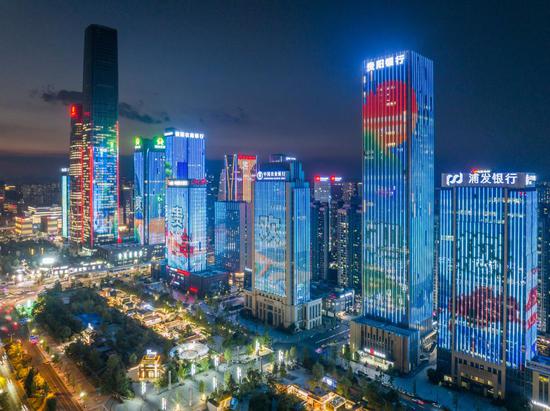
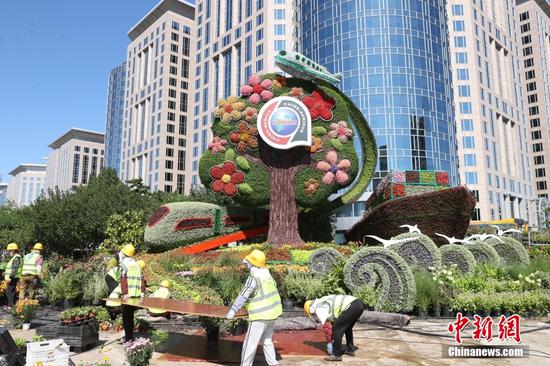
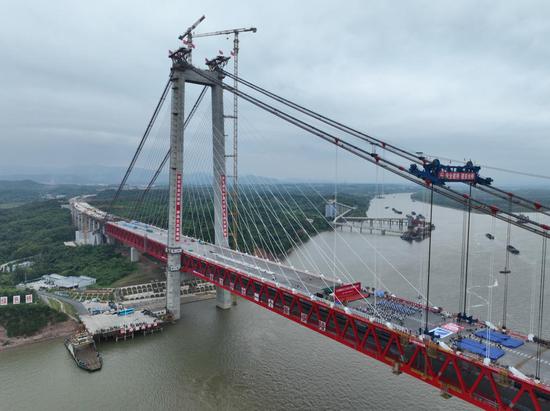

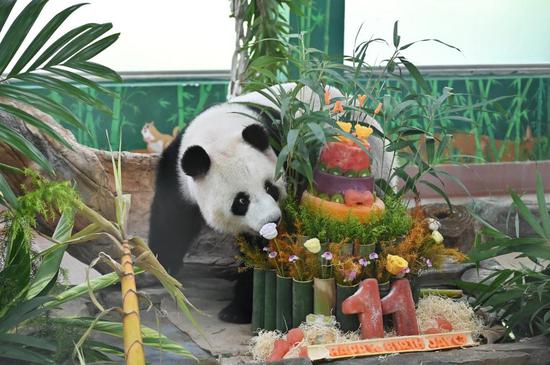


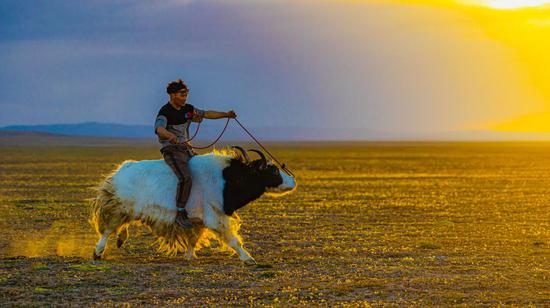
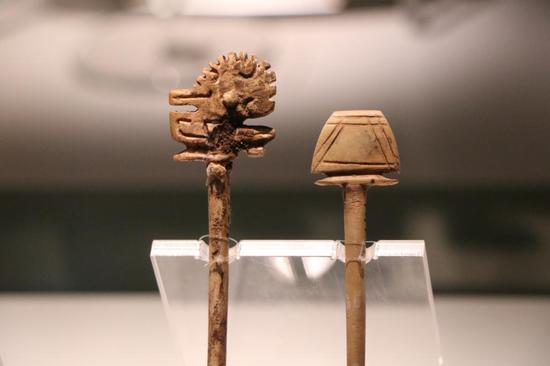










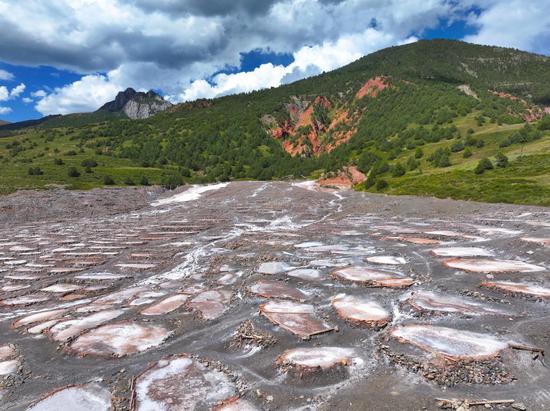


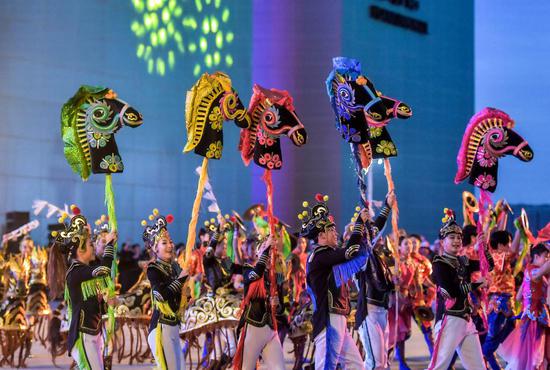
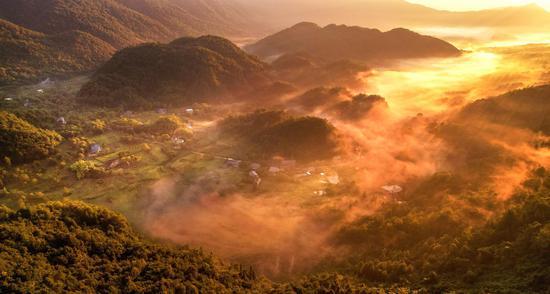



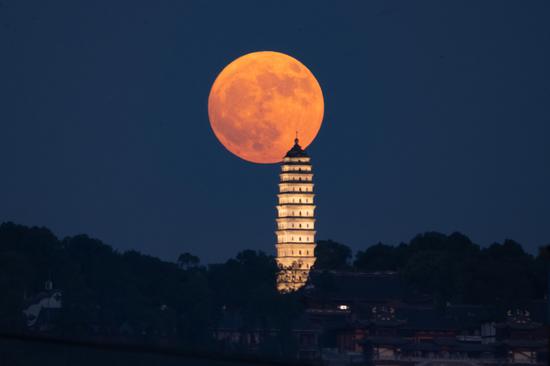





 京公网安备 11010202009201号
京公网安备 11010202009201号
